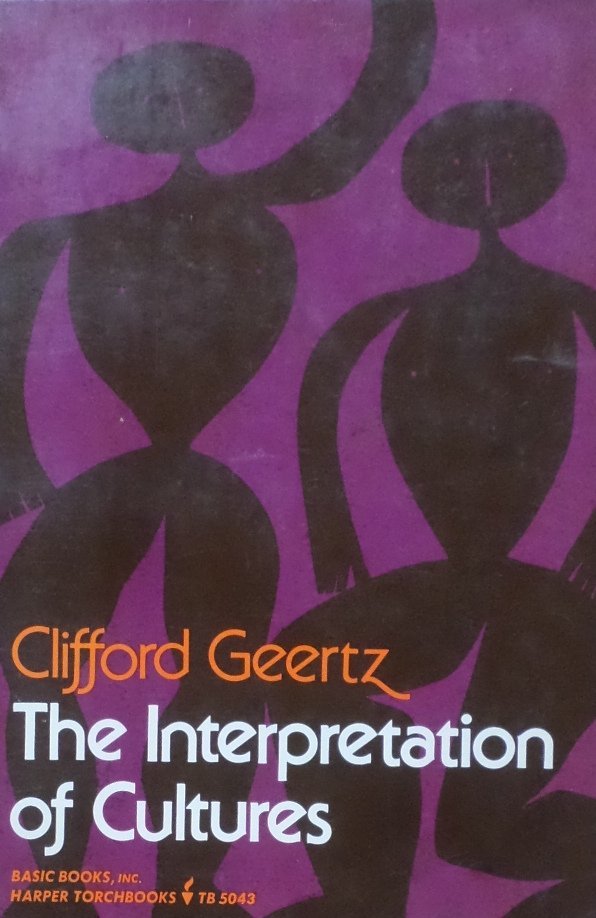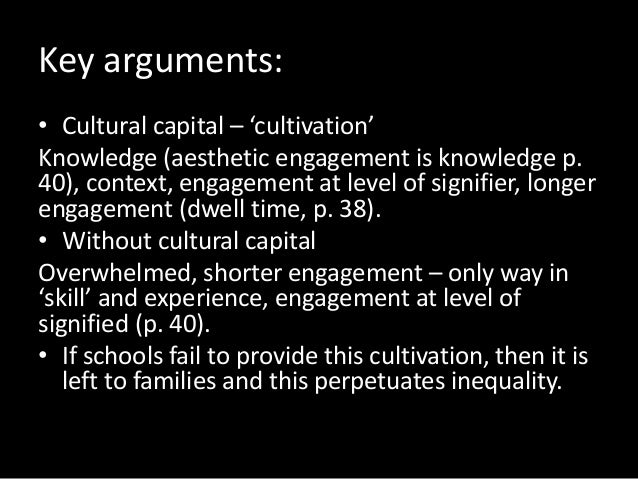

In it, he articulated his theory of “thick description,” which calls for anthropologists to provide detailed contextual information about the cultural phenomena they study. In 1973, Clifford Geertz published a book called The Interpretation of Cultures: Selected Essays. This meant that instead of focusing on quantifiable data and statistics, anthropologists should focus on understanding the meanings behind cultural practices and symbols. He believed that anthropology should be approached as a form of interpretive social science rather than a positivistic one. Geertz’s academic background in philosophy and literature greatly impacted his work as an anthropologist. Later, he pursued graduate studies at Harvard University, where he earned his Ph.D. He also met his future wife, Hildred Geertz, who would become a fellow anthropologist. At Antioch, he studied philosophy and English literature and became involved in left-wing politics. Geertz enrolled at Antioch College in Ohio after graduating from high school. As a child, he developed an interest in literature and philosophy, which later influenced his work as an anthropologist. He grew up in a middle-class Jewish family and attended local public schools. Clifford Geertz – Early Years and EducationĬlifford Geertz was born on August 23, 1926, in San Francisco, California.

Ultimately, we will argue that Geertz’s legacy remains relevant today as we seek to promote cross-cultural communication and understanding in an increasingly interconnected world. In this article, we will explore Geertz’s life and work and examine how his contribution to anthropology through thick description has revolutionized our understanding of various cultures. One of the pioneers in this field is Clifford Geertz, a renowned American anthropologist who popularized the concept of “thick description.” This approach aims to provide a detailed analysis of cultural practices and symbols by looking beyond surface-level observations. It allows us to gain insight into different practices, beliefs, and social structures that shape communities around the globe. Anthropology, the study of human societies and cultures, is an essential field in understanding the complexities of our world.


 0 kommentar(er)
0 kommentar(er)
